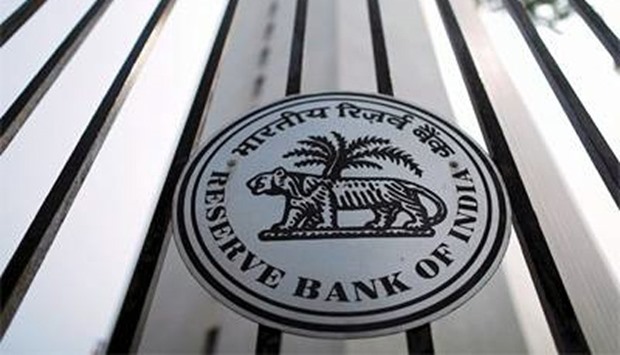* Rate at 6.50 pct, lowest since Jan 2011
* RBI raises reverse repo rate by 25 bps, narrowing rate corridor
* RBI says policy to stay 'accommodative'
The Reserve Bank of India cut its policy interest rate by a quarter percentage point on Tuesday, reducing it to a more than five-year low while dangling the prospect of another cut later this year if inflation trends stay benign.
The RBI cut the repo rate by 25 basis points to 6.50 percent - the lowest since January 2011, in a move widely anticipated by analysts polled by Reuters.
Controlling inflation is the central bank's priority, but Prime Minister Narendra Modi's government would welcome any move to improve business conditions for industrialists who, despite data depicting India as one of the world's fastest growing economies, remain hesitant to invest.
The RBI said its policy would remain ‘accommodative’, raising the prospect of another 25 bps rate cut later this year.
‘The stance of monetary policy will remain accommodative. The Reserve Bank will continue to watch macroeconomic and financial developments in the months ahead with a view to responding with further policy action as space opens up,’ the central bank said in the statement following the policy review.
The RBI also took steps to ensure more availability of cash in the banking system by reducing the cash proportion of their daily reserve requirements that banks must keep with the RBI, while pledging to inject more long-term liquidity.
But in a surprise move, the RBI also raised the reverse repo - or the rates lenders charge to the central bank - by 25 basis points to 6.0 percent.
The moves attempt to a fine balancing act: injecting enough liquidity, while ensuring banks have enough incentives to place surplus cash with the RBI to prevent cash from flooding the system.
The RBI had cut its repo rate by 125 basis points last year, and most analysts had anticipated the latest reduction as inflation has slowed to 5.18 percent in February and the government's 2016/17 budget kept borrowing and spending in check.
But banks, complaining of tight cash conditions, have only lowered their lending rates by around 60 bps, preventing the RBI's rate cuts from feeding through to the broader economy.
‘Perhaps more important at this juncture is to ensure that current and past policy rate cuts transmit to lending rates,’ the RBI said.
The benchmark 10-year bond fell as much as 9 basis points to 7.34 percent from levels before the decision although shares fell, with the NSE index down 0.8 percent.

